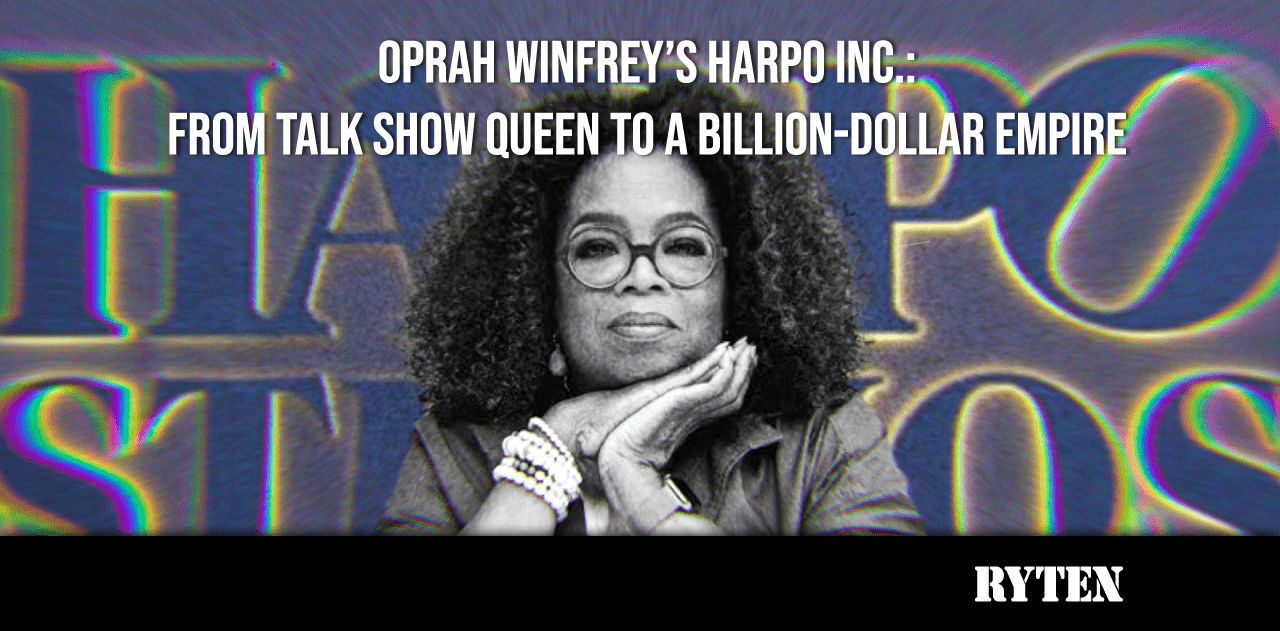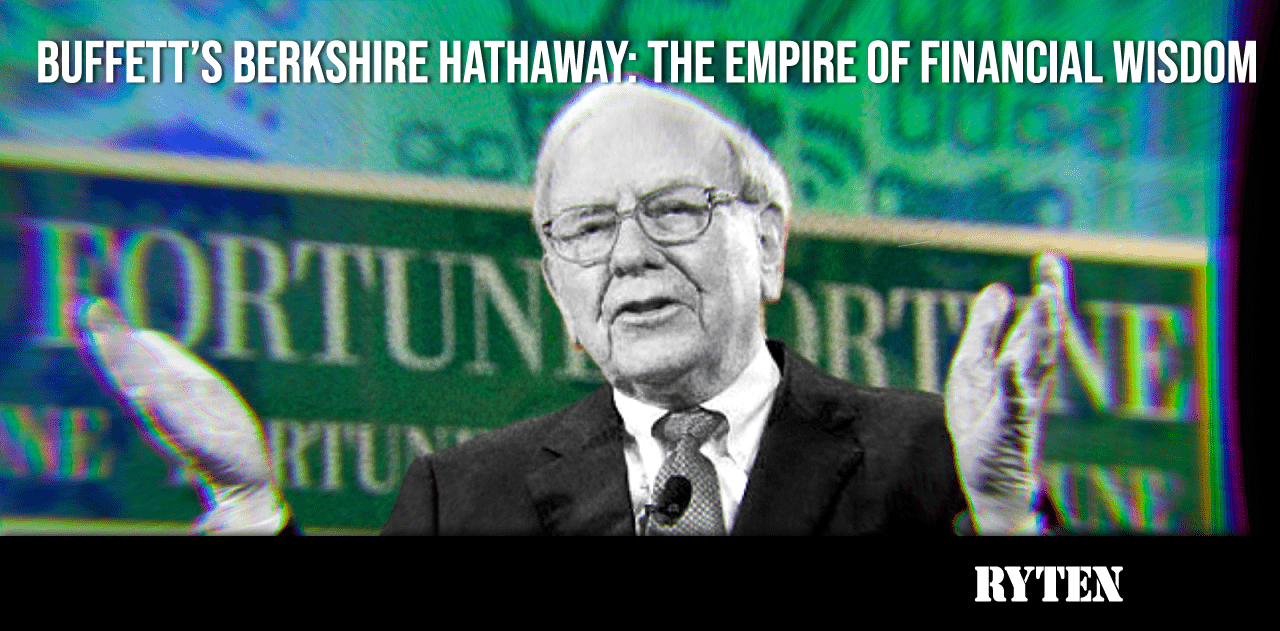META: ZUCKERBERG’S BOLD LEAP IN REVOLUTIONIZING HUMAN CONNECTION

In 2004, Mark Zuckerberg and his college roommates launched Facebook from a dorm room at Harvard University. What began as a simple social networking site has since evolved into Meta, a global tech giant that dominates the social media landscape and drives innovation in virtual and augmented reality. Renamed in 2021 to reflect a bold pivot toward the metaverse, Meta symbolizes Zuckerberg’s ambition to redefine how people connect, work, and interact in a digital-first world.
The Rise of Facebook: Laying the Foundation
Facebook’s meteoric rise began with its focus on creating a connected world. From its early days as a college-only platform, it quickly expanded globally, attracting millions of users with its seamless sharing features, news feeds, and interactive design. By 2012, Facebook had reached a billion active users, becoming the most popular social networking platform worldwide.
The acquisition of Instagram (2012) and WhatsApp (2014) further solidified Facebook’s dominance, creating a family of apps that collectively serve billions of users daily. These platforms redefined communication, making Meta synonymous with social connection on a global scale.
Meta’s Strategic Shift: The Metaverse Era
In October 2021, Zuckerberg announced the company’s rebranding to Meta, signaling a transformative shift in focus toward building the metaverse—a virtual shared space combining physical and digital realities. This vision aims to create immersive experiences through technologies like augmented reality (AR) and virtual reality (VR).
Key components of Meta’s metaverse strategy include:
- Horizon Worlds: A VR platform enabling users to create, socialize, and explore virtual spaces.
- Meta Quest: Advanced VR headsets, such as the Quest Pro, designed for immersive gaming, work, and social interaction.
- Augmented Reality: Meta is investing heavily in AR glasses and tools to blend digital elements seamlessly into the physical world.
The Power of the Ecosystem
Meta’s dominance is rooted in its interconnected ecosystem of platforms:
- Facebook: The original social network remains a hub for communities, businesses, and advertisers.
- Instagram: A visual storytelling platform with massive influence on trends, culture, and commerce.
- WhatsApp: The go-to messaging app for billions, offering encrypted communication.
- Messenger: A key player in Meta’s communication suite, integrating seamlessly with its other platforms.
Together, these platforms create an unparalleled network for social interaction, content sharing, and business engagement.
Advertising: The Revenue Engine
Meta’s success is built on its advertising model. With its vast user base and advanced algorithms, the company provides highly targeted advertising opportunities for businesses. Personalized ads on Facebook, Instagram, and the Audience Network generate billions in revenue annually, making Meta a cornerstone of the digital marketing industry.
Challenges and Controversies
While Meta has transformed communication and connectivity, it hasn’t been without challenges:
- Privacy Concerns: Meta has faced scrutiny over its data collection practices and user privacy policies, with landmark incidents like the Cambridge Analytica scandal drawing global criticism.
- Content Moderation: The platform has grappled with misinformation, hate speech, and political manipulation, leading to calls for stricter oversight.
- Regulatory Pressure: Governments worldwide are scrutinizing Meta’s market dominance and antitrust practices.
Despite these hurdles, Meta continues to innovate, balancing growth with efforts to address these issues.
Meta Today: A Force in the Tech World
Under Zuckerberg’s leadership, Meta remains a tech powerhouse. The company’s investments in AI, machine learning, and advanced algorithms are shaping the future of social media, advertising, and digital interaction. Its vision for the metaverse positions it as a leader in the next frontier of technology, even as competitors like Apple and Google explore similar paths.
The Future of Meta
Meta’s bold foray into the metaverse represents both its biggest opportunity and its greatest challenge. While the vision of a fully immersive, interconnected virtual world is compelling, it requires significant technological advancements and user adoption. As Meta invests billions in building this future, the tech world watches closely to see if it can deliver on its ambitious promises.
A Digital Legacy
Meta’s journey from a college startup to a global tech empire is a testament to Mark Zuckerberg’s vision and tenacity. By connecting billions of people and shaping the way we interact online, Meta has left an indelible mark on the digital world. With its eyes set on the metaverse, the company continues to push boundaries, driving the next evolution of human connection in an increasingly virtual era.






